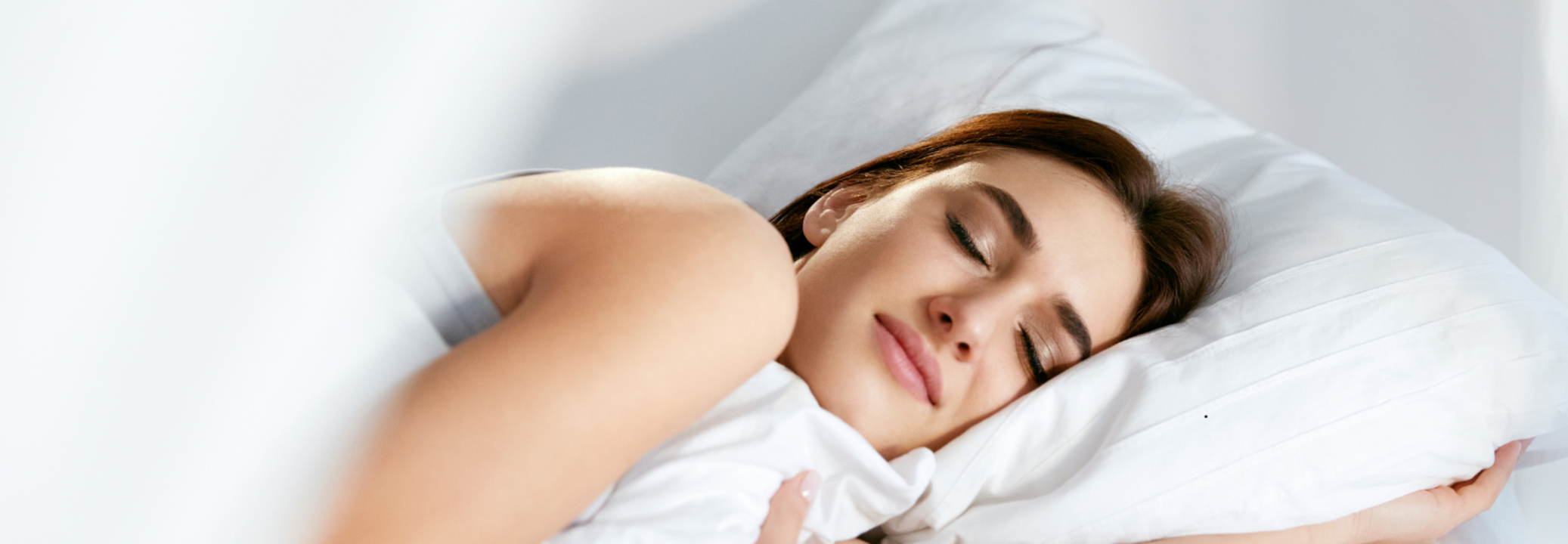Sleepmaxxing: The Viral Trend Experts Want You to Rethink

Credits: Canva
SummaryPopularized across social media, especially TikTok, sleepmaxxing involves layering different sleep aids and behaviors—from high-tech apps and red light therapy to weighted blankets and bedtime snacks—all in pursuit of better rest.
End of Article
